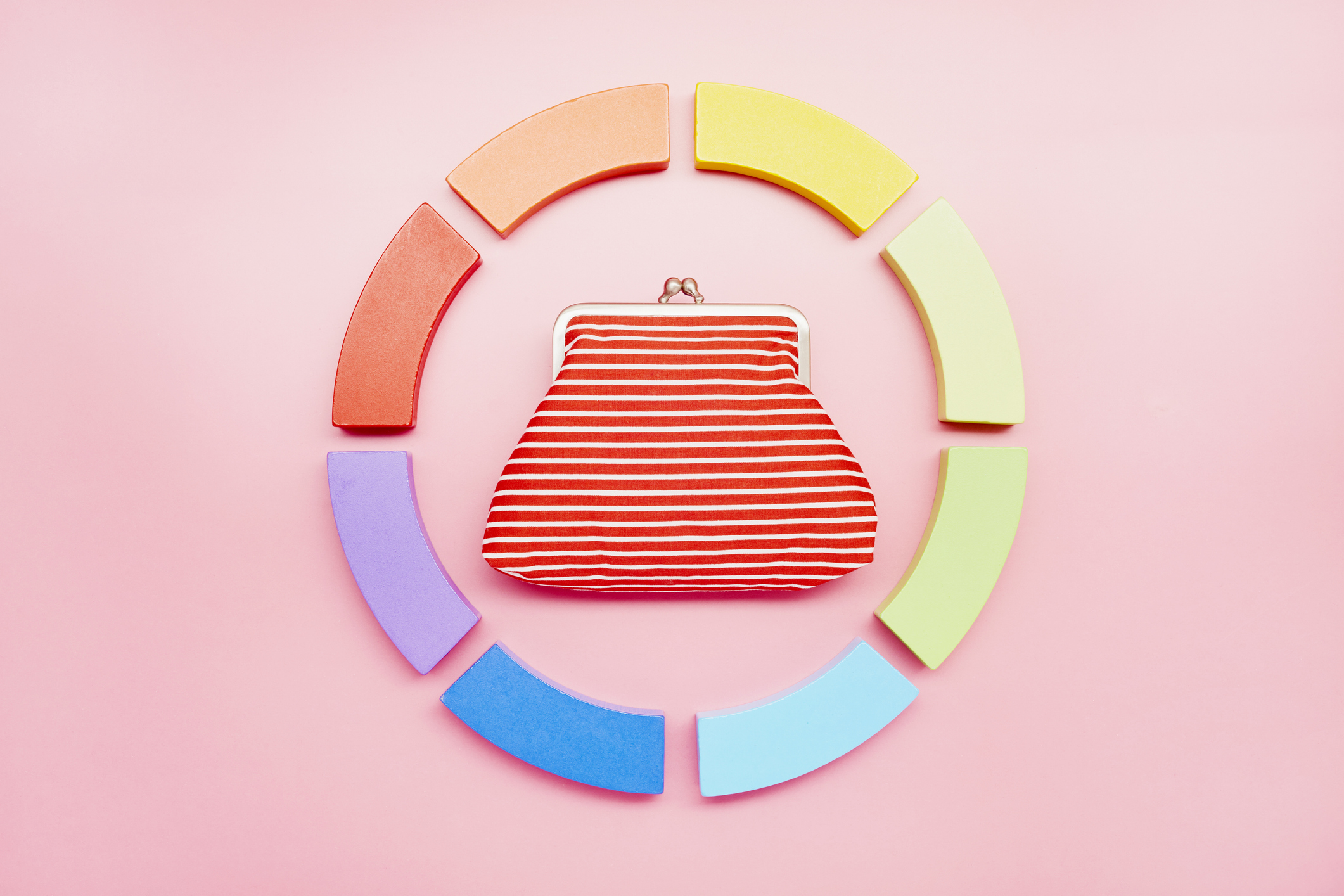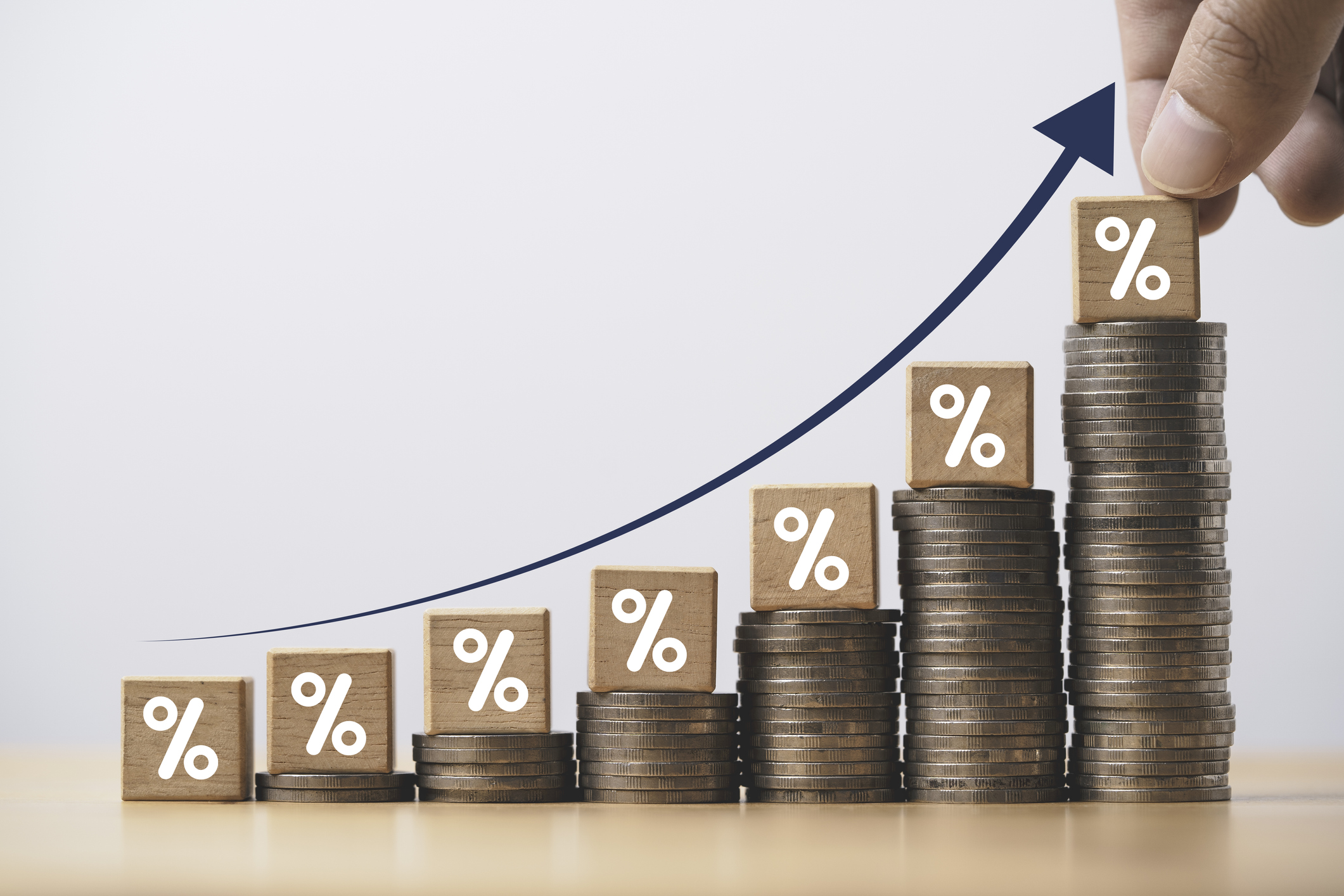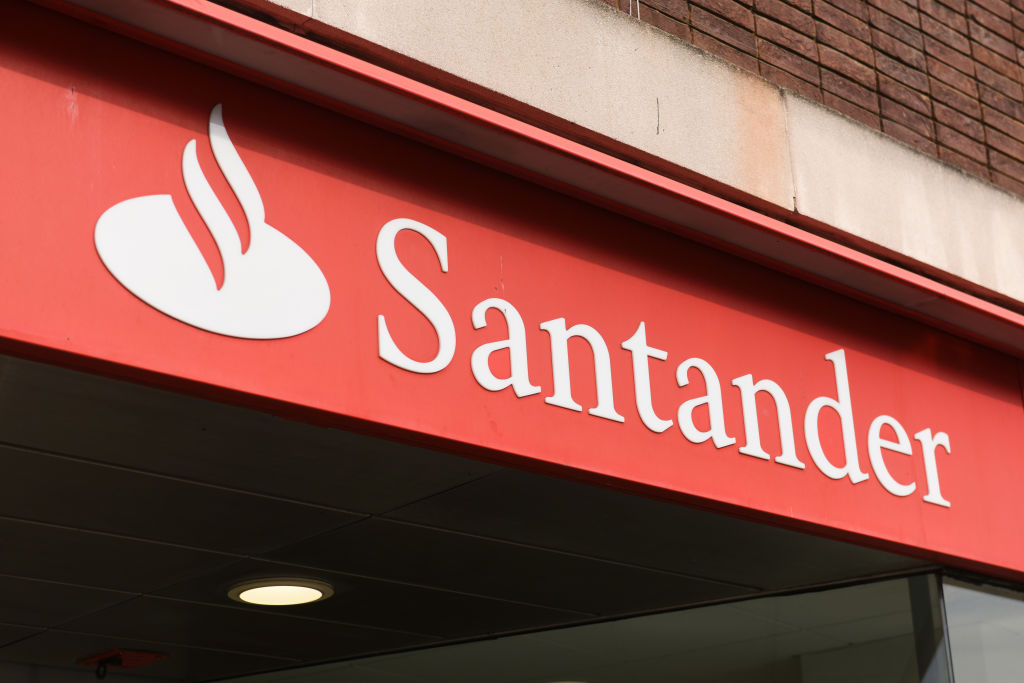Beware of cash Isa scams
Fraudsters have been targeting savers by offering unrealistically high interest rates on cash Isas.

Get the latest financial news, insights and expert analysis from our award-winning MoneyWeek team, to help you understand what really matters when it comes to your finances.
You are now subscribed
Your newsletter sign-up was successful
Want to add more newsletters?
With the Bank of England's base rate still stuck at 0.75% it is extremely hard to find a decent return on cash savings. So when you see an advert for a cash individual savings account (Isa) paying "fixed returns of up to 9%", your head is likely to be turned. But it's a scam.
An investigation by The Times has found numerous websites advertising fake cash Isas "from those promising seemingly impossible double-digit returns to others pledging investment opportunities in the alternative market'", says the paper's Ali Hussain.
Many of the firms behind these Isas falsely claim they are regulated by the Financial Conduct Authority (FCA) or covered by the Financial Services Compensation Scheme (FSCS), which means up to £85,000 of your cash will be returned to you if the provider goes bust.
Try 6 free issues of MoneyWeek today
Get unparalleled financial insight, analysis and expert opinion you can profit from.

Sign up to Money Morning
Don't miss the latest investment and personal finances news, market analysis, plus money-saving tips with our free twice-daily newsletter
Don't miss the latest investment and personal finances news, market analysis, plus money-saving tips with our free twice-daily newsletter
The FCA has now put several of them on its fraud warning list. What is most worrying is you don't have to go digging to find these phoney Isas. If you tap "the best Isa rates" into Google several of these dodgy firms appear at the top of the search results "nestled between adverts for Martin Lewis's respected site Money Saving Expert and Barclays Bank", says Hussain.
"All had paid to get maximum exposure from Google and so featured high up the search engine's listings." While Google removed ads reported to it by The Times, they soon popped up again.
Earlier this year This is Money reported the case of three readers who lost thousands in a fake Isa scam. "The victims deposited almost £100,000 into ABN Amro Asset Management, which touted inflation-busting Isa rates to savers, claiming to be a British arm of Dutch banking giant ABN Amro," says George Nixon on This is Money.
How to spot fake cash Isas
So how can you make sure you are putting your money into a genuine Isa? "Be suspicious of all too good to be true' offers", says Lucy Warwick-Ching in the Financial Times. The best rate available on a genuine cash Isa is 2.01% for UBL UK's five-year bond. A cash Isa offering far more is likely to be a scam.
The top rate for an instant-access Isa is 1.36% from Virgin Money, or 1.6% if you lock your money away for a year with Al Rayan Bank. To find real cash Isas stick to well-known comparison sites such as MoneyFacts, Comparethemarket, Moneysupermarket or Savings Champion. If you see a great deal, check the FCA's fraud warning list to see if they are aware it is a scam.
And do some research to confirm a company has the professional backing it claims to have. You can check the FCA's register to see if a firm is authorised by them. If it is, "use the contact details on the register, not the details the firm gives you" to avoid a fraudulent "clone" of a genuine entity, says Warwick-Ching.
Get the latest financial news, insights and expert analysis from our award-winning MoneyWeek team, to help you understand what really matters when it comes to your finances.

Ruth Jackson-Kirby is a freelance personal finance journalist with 17 years’ experience, writing about everything from savings accounts and credit cards to pensions, property and pet insurance.
-
 Financial education: how to teach children about money
Financial education: how to teach children about moneyFinancial education was added to the national curriculum more than a decade ago, but it doesn’t seem to have done much good. It’s time to take back control
-
 Investing in Taiwan: profit from the rise of Asia’s Silicon Valley
Investing in Taiwan: profit from the rise of Asia’s Silicon ValleyTaiwan has become a technology manufacturing powerhouse. Smart investors should buy in now, says Matthew Partridge
-
 Why pension transfers are so tricky
Why pension transfers are so trickyInvestors could lose out when they do a pension transfer, as the process is fraught with risk and requires advice, says David Prosser
-
 Best and worst UK banks revealed
Best and worst UK banks revealedWe reveal the best UK banks – and the worst – when it comes to managing your money and good customer service. How does your provider compare?
-
 The best cash ISAs – February 2026
The best cash ISAs – February 2026Savings The best cash ISAs can help you make the most of your tax-free savings. But you may want to take advantage of top rates before they disappear
-
 Metro Bank boosts top easy access and one year fixed savings to hit best buy tables
Metro Bank boosts top easy access and one year fixed savings to hit best buy tablesMetro Bank has jumped into best buy tables offering a market-leading rate on both easy access and one year fixed savings accounts.
-
 Paragon launches best buy 5.25% easy access account
Paragon launches best buy 5.25% easy access accountAs the savings market heats up, rates on easy access accounts continue to rise with Paragon Bank now offering the table topping rate for easy access paying 5.25%. But there are some restrictions and you’ll need to be quick to get it.
-
 Santander launches best easy access savings rate in 14 years
Santander launches best easy access savings rate in 14 yearsSantander launches market leading easy access savings rate, but you’ll have to act fast if you want to take advantage - we have all the details
-
 Bank of Baroda closes doors to UK retail banking
Bank of Baroda closes doors to UK retail bankingAfter almost 70 years of operating in the UK, one of India’s largest bank is shutting up shop in the UK retail banking market. We explain everything you need to know if you have savings or a current account with Bank of Baroda
-
 The rise and fall of finfluencers as FCA clamps down on poor advice
The rise and fall of finfluencers as FCA clamps down on poor adviceFCA clamps down on ‘finfluencers’ - but will it protect consumers from ‘bad advice’? Kalpana Fitzpatrick looks at the rise and fall of finfluencers